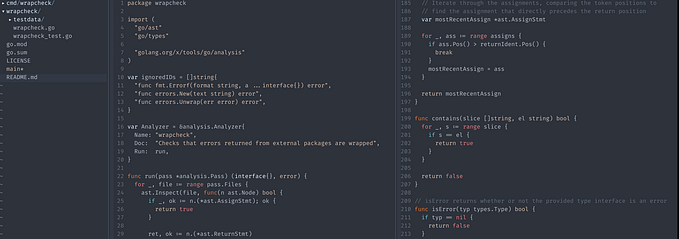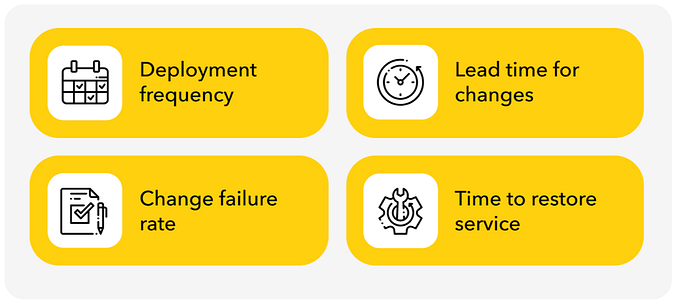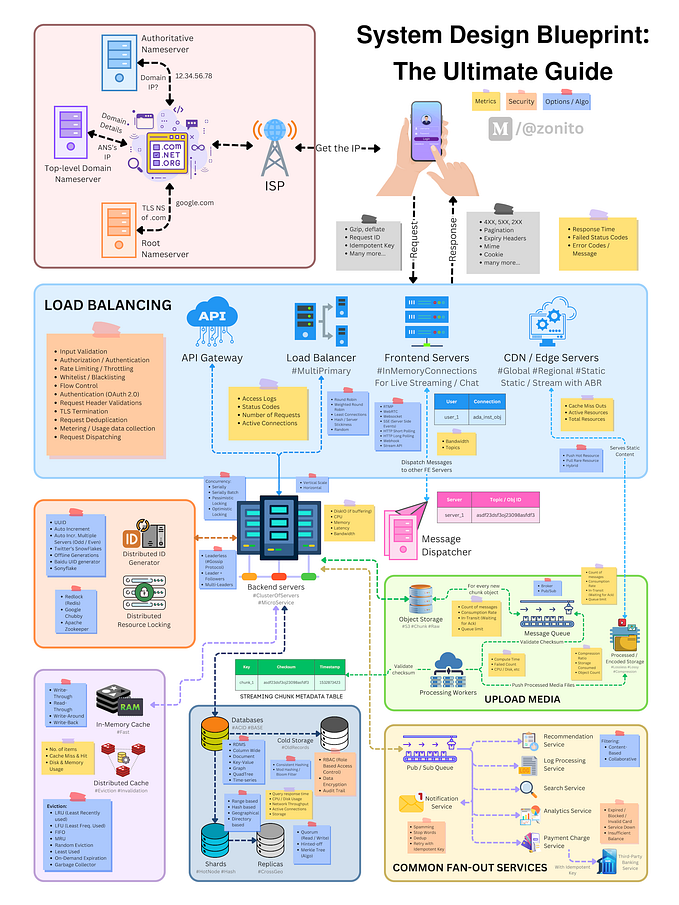Member-only story
Scrum Master or Waste Master?
Full-time agile delivery is mostly just waste delivery

There’s a type of scrum master I’ll never understand. Full-time scrum masters that attend or facilitate meetings, giving teams a structure for stand-ups, retrospectives, and other scrum “ceremonies”… but rarely go beyond maintaining the structure itself.
When I do mob programming with teams, usually when starting up new projects or initiatives, but never see the sight of the scrum master, it made me wonder how they would be able to guide a team without the insights you get when the world gets turned upside down. And yes, mob programming feels like the world turned upside down for those who are used to working solo.
I don’t think full-time scrum masters are by any means malevolent. In my experience, some of them are simply agile nerds, who love to help teams with the tools they’ve gathered. That’s their passion, and they’ll always keep themselves busy full-time, but are unlikely to be effective full-time.
Going Beyond the Meeting Facilitation
Scrum masters like to emphasize that their role is not to lead the team but to let the team manage themselves (self-managing teams is from the scrum book, remember?). I agree with the idea of a scrum master helping to achieve this, but it often falls awfully short when you see scrum masters that don’t engage deeply enough with their team’s work in pursuit of this.
A personal flaw of mine is being too passionate about certain approaches to how to design software. Sometimes people get caught up and accept my ideas without much afterthought. I’m the opposite of a facilitating scrum master. The upside, however, eventually the team learns that I’m sometimes more passionate than I am right about something, and learn how to take my passion into consideration. I’ll always be…










